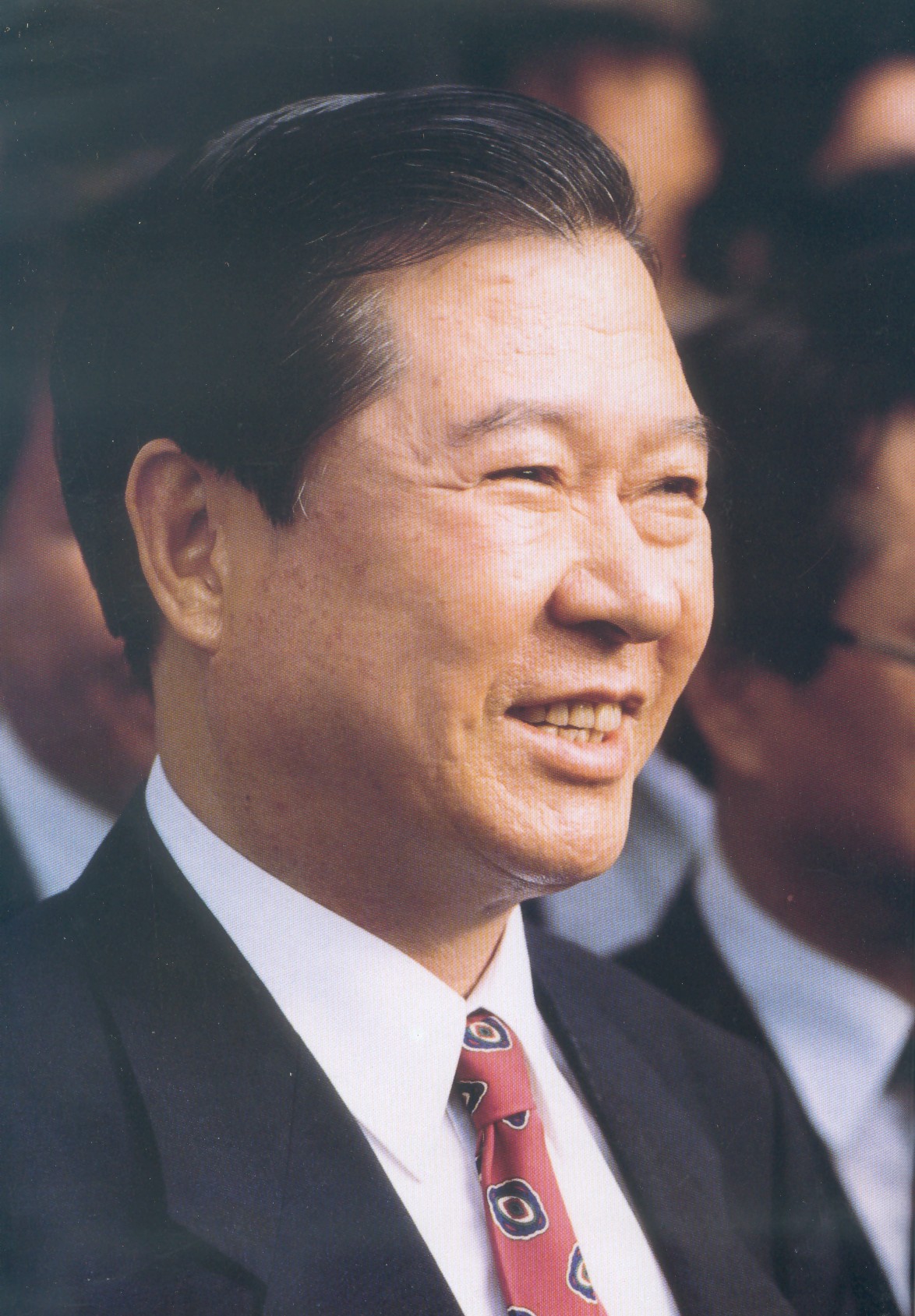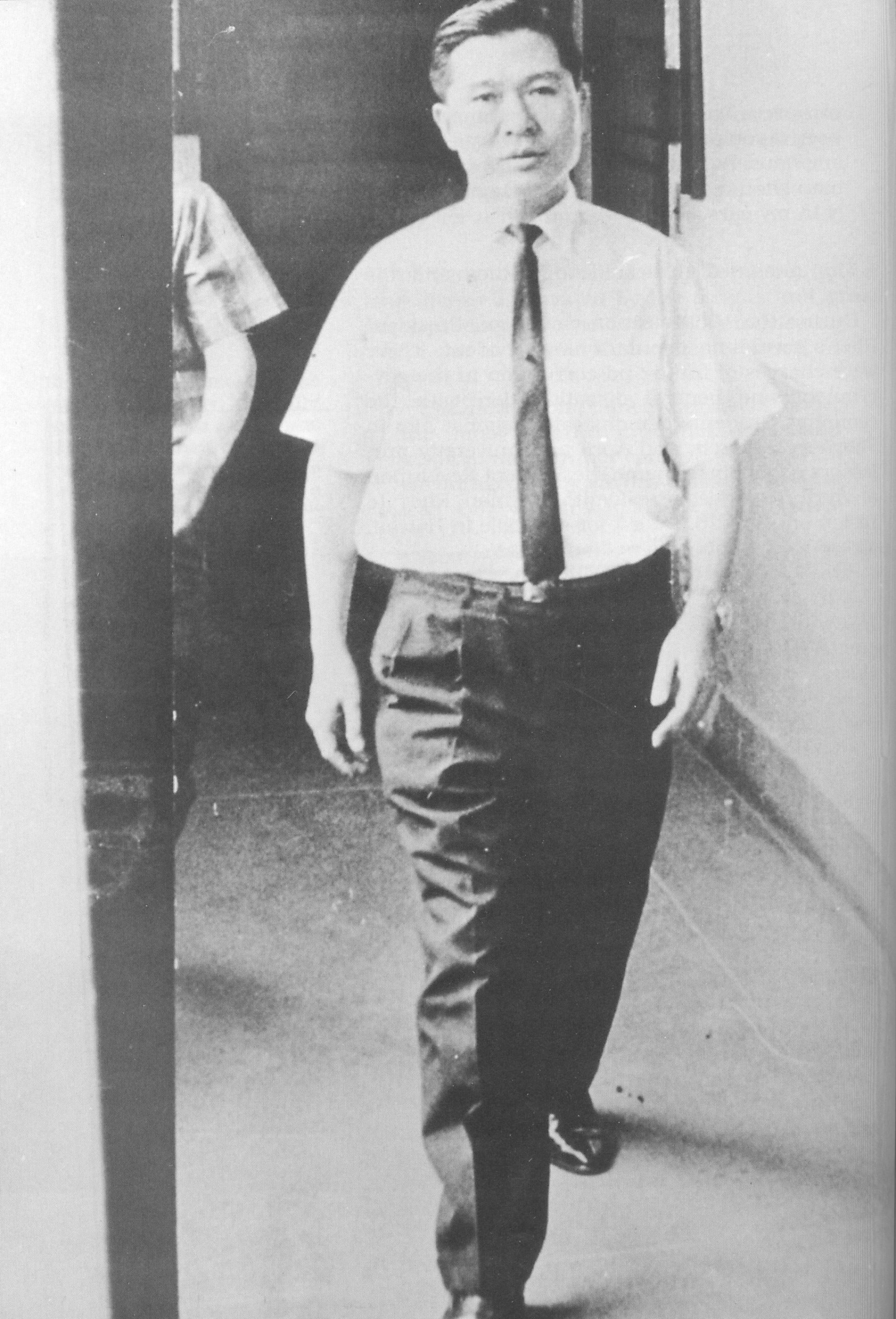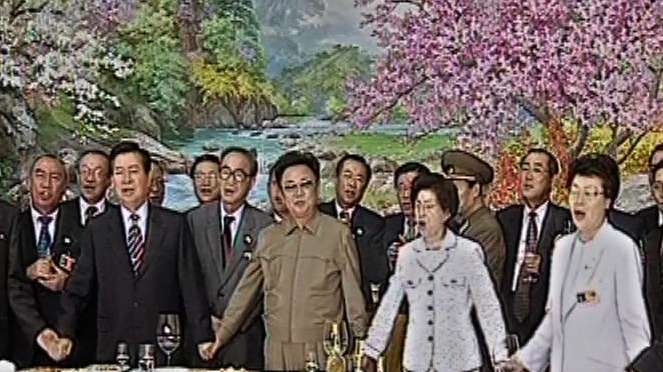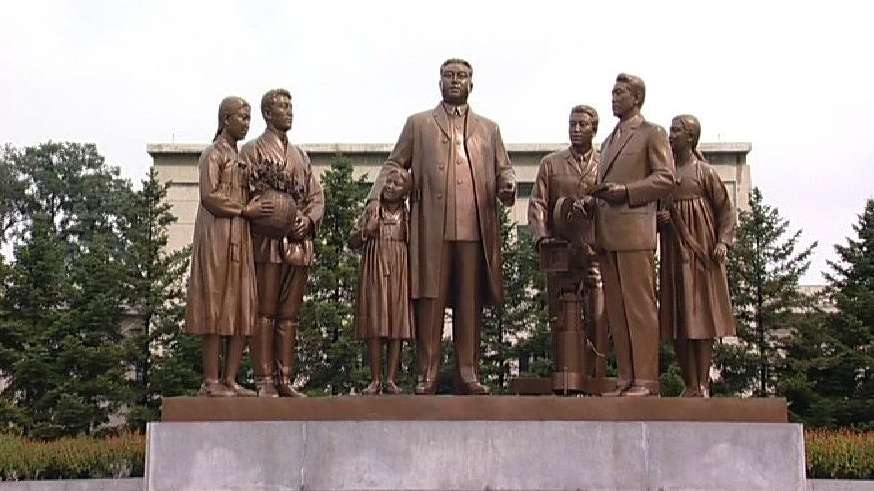Kim Dae-Jung and the Sunshine Policy
Winner of the Nobel Peace Prize 2000, President Kim Dae-Jung of South Korea is a champion of reunification. Active in Mokpo during the Korean War, he was awaiting execution when UN forces liberated the region. After the war, he opposed the South's military dictatorships, was imprisoned and tortured, and gained international recognition as a committed democrat.
Type (Documentaire / Documentaire fiction / Série documentaire)DocumentaryGenre en anglaisSociety & Economy CollectionKoreaWritten byRoyal Lee, David Carr-BrownDirected by David Carr-BrownIn coproduction with Psychology News, Zoom Production (Corée du Sud)Supported by CNC, ProcirepBroadcasted by ARTE FranceDistributed by ZodiakYear2002Duration52min
When Park Chung Hee became life president of South Korea in 1971, Kim Dae-Jung went into exile in Japan. In 1973, he was kidnapped by Korean agents. They were preparing to drown him when an American surveillance helicopter intervened.
After Park’s assassination in 1979, mass demonstrations were violently repressed. Kim Dae-Jung was arrested and faced execution, but his sentence was commuted to life imprisonment under American pressure.
Since his election in 1997, he has begun to reform the entrenched power politics of Korean culture.
Today, his “Sunshine” reunification policy has a good chance of success. As a former dissident in the South, he is an acceptable partner for the authorities in the North.
Press coverage
In Kim Dae-jung and the Sunshine Policy, David Carr-Brown paints a portrait of this former political opponent who became president of South Korea in 1997.
Le Monde






